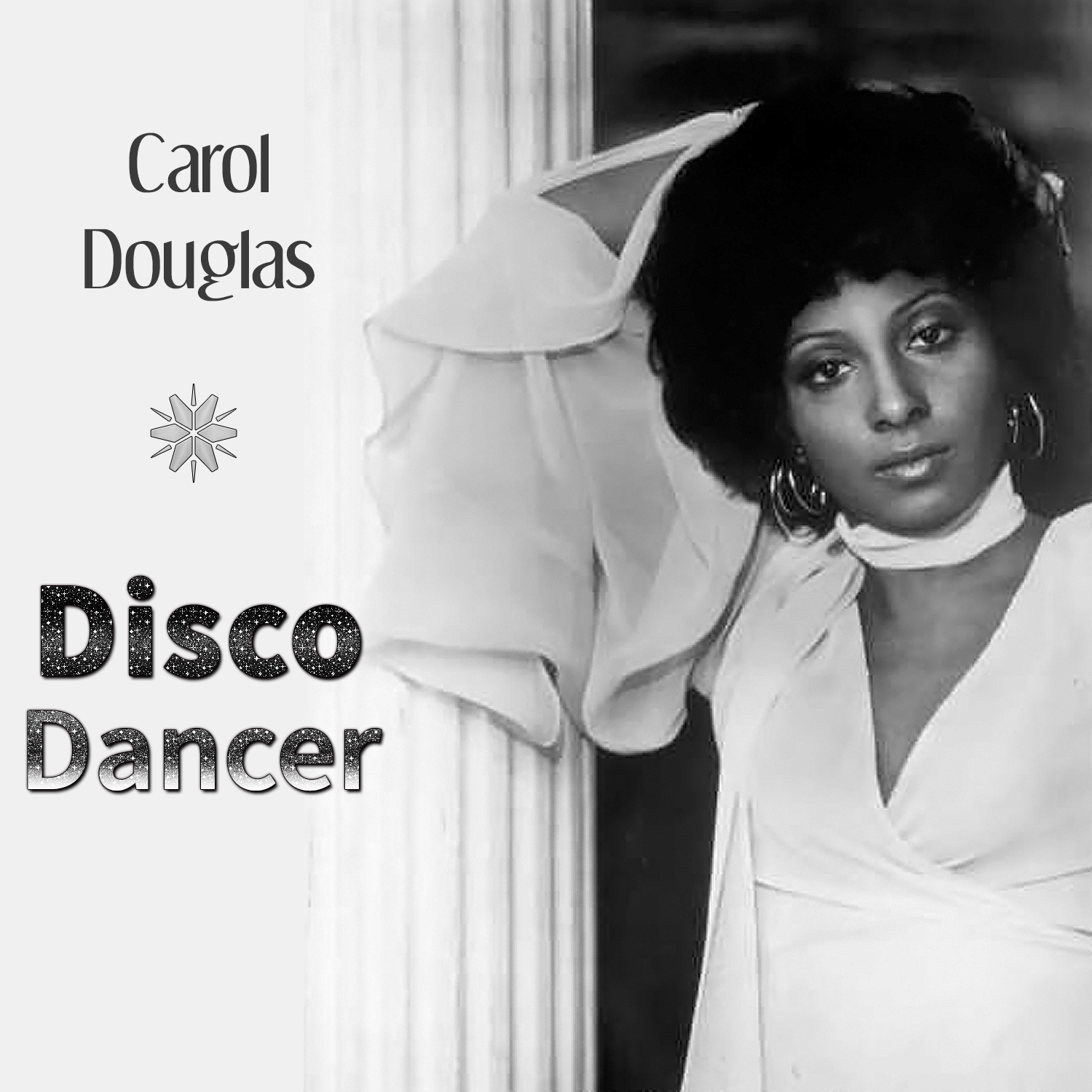In 1974, Douglas was recruited by Midland International Records via an ad in Showbiz magazine: label vice president/record producer Eddie O'Loughlin had heard the UK hit single "Doctor's Orders" by Sunny and was seeking a female vocalist to cut the track for the U.S. market. Douglas's audition led to a five-year contract and her version of "Doctor's Orders" became a hit, reaching No. 2 on the Billboard disco chart, No. 9 R&B, and No. 11 on the Hot 100;[1]
[more]In 1974, Douglas was recruited by Midland International Records via an ad in Showbiz magazine: label vice president/record producer Eddie O'Loughlin had heard the UK hit single "Doctor's Orders" by Sunny and was seeking a female vocalist to cut the track for the U.S. market. Douglas's audition led to a five-year contract and her version of "Doctor's Orders" became a hit, reaching No. 2 on the Billboard disco chart, No. 9 R&B, and No. 11 on the Hot 100;[1] the single also reached No. 4 in France.
Although O'Loughlin was credited as "Doctor's Orders" producer, the production had been by Meco Monardo, who was also responsible for Gloria Gaynor's "Never Can Say Goodbye" which had ascended the pop chart at around the same time as "Doctor's Orders"; claims have been made for each single to be the hit that broke disco into the top 40. She made her album debut in 1975 with The Carol Douglas Album, followed in 1976 by Midnight Love Affair and in 1977 by Full Bloom. Monardo's special expertise was missing in the production of her post-"Doctor's Orders" tracks which maintained her as a popular club presence with negligible mainstream popularity; the follow-up single to "Doctor's Orders", "A Hurricane Is Coming Tonite", became her only other Hot 100 entry, peaking at No. 81 in April 1975. Douglas hit No. 1 on the disco chart with "Midnight Love Affair"; the song did appear on the top 100 chart in Cash Box magazine, but only via a cover by Tony Orlando and Dawn, which reached No. 94. (In France, Douglas's version reached No. 82.)
Douglas's other recordings included "Headline News", written by "Doctor's Orders" co-writer Roger Greenaway and remade by the latter track's originator Sunny – and in the tradition of "Doctor's Orders" Douglas cut discofied covers of several songs which were current or recent hits in the UK including ABBA's "Dancing Queen", "I Wanna Stay with You" by Gallagher and Lyle, and "So You Win Again" by Hot Chocolate. In 1977 she recorded the single "You Make Me Feel the Music" for the soundtrack to the film Haunted.
"So You Win Again" was arranged by Michael Zager whose presence on her 1978 album release Burnin' resulted in a critical (if not commercial) upswing. Burnin' also featured Douglas's version of the Bee Gees' "Night Fever" – not a Zager arrangement – which became Douglas's only entry in the UK Singles Chart at #66.
Douglas's 1979 album Come into My Life was an obvious bid to recharge her club popularity; it was only six tracks long with production by Greg Carmichael who had enjoyed several disco hits with studio groups, but the single "I Got the Answer" was a mild club success. Although she did not appear in the disco-themed movie Saturday Night Fever, she was enough of a disco star that her name appears on the marquee of the disco featured in the movie. (A snippet of "Midnight Love Affair" can be heard playing when Tony Manero, played by John Travolta and his friends are at the club).
In 1981, her cover of the Three Degrees' "My Simple Heart" was released on 20th Century Records as by then the Midland International (aka Midsong) was defunct. "My Simple Heart" was also her debut on Carrere Records based in Paris where she lived for a time: in the early 1980s Carrère handled her European releases while in the US she was signed to O'Loughlin's Next Plateau label. Her last album to date 'I Got Your Body', renamed 'Love Zone' in the US and Canada, was released in 1983 and included her last four 12" singles from 1981 to 1983: "My Simple Heart", "You're Not So Hot", "I Got Your Body", and "Got Ya Where I Want Ya"; "You're Not So Hot" reached #71 in France (1982).
[less]